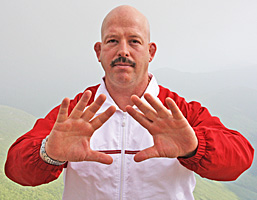On a regular basis I work with authors in the making.
There are two types:
1. The writer who wants to make no mistakes – and remains a writer
2. The writer who accepts his or her mistakes, makes corrections and becomes an “author.”
As I tell my clients, being a writer is easy. Being an author requires much more.
One doesn’t sell anything. The other does.
One learns from mistakes and GROWS. The other abhors mistakes, stifles himself and goes nowhere.
Embracing your mistakes is the hallmark of a successful person.
Everything in your life that is working has both positive and negative charges or attributes.
The battery is an easy example. How well would your car battery work if it only had a positive – or only a negative?
Not at all.
The same is true when you analyze your successful journeys as well as your unsuccessful ones. When you’ve succeeded, you may note how you were able to use your mistakes as corrective feedback. Unemotionally, you looked at what was wrong and made a course correction that led to victory or to the accomplishment of your objective.
On the other hand, when you have a goal and you make a mistake and you get so upset about the mistake that you stop taking action to correct it, you are finished.
Yes, the journey of 10,000 miles begins with a single step – yet it’s important to realize that many of those steps will be “off-course.” You’ll be going in the wrong direction, unintentionally. But once you catch the error and change course, you realize that you were supposed to make that mistake, and without making it, you wouldn’t have succeeded.
Next time you make a mistake, learn from it. Use it to understand that something valuable was acquired that you wouldn’t be able to use unless the mistake happened.
Think of mistakes as nothing more than having a conversation with someone. You speak but mispronounce a word or use the wrong word. You note the error, clear your throat and correct it.
No emotional attachment to what was said a second earlier. Keep the car in drive and make an adjustment.
So simple, when you think about it.
Here endeth the lesson.
Matt Furey

